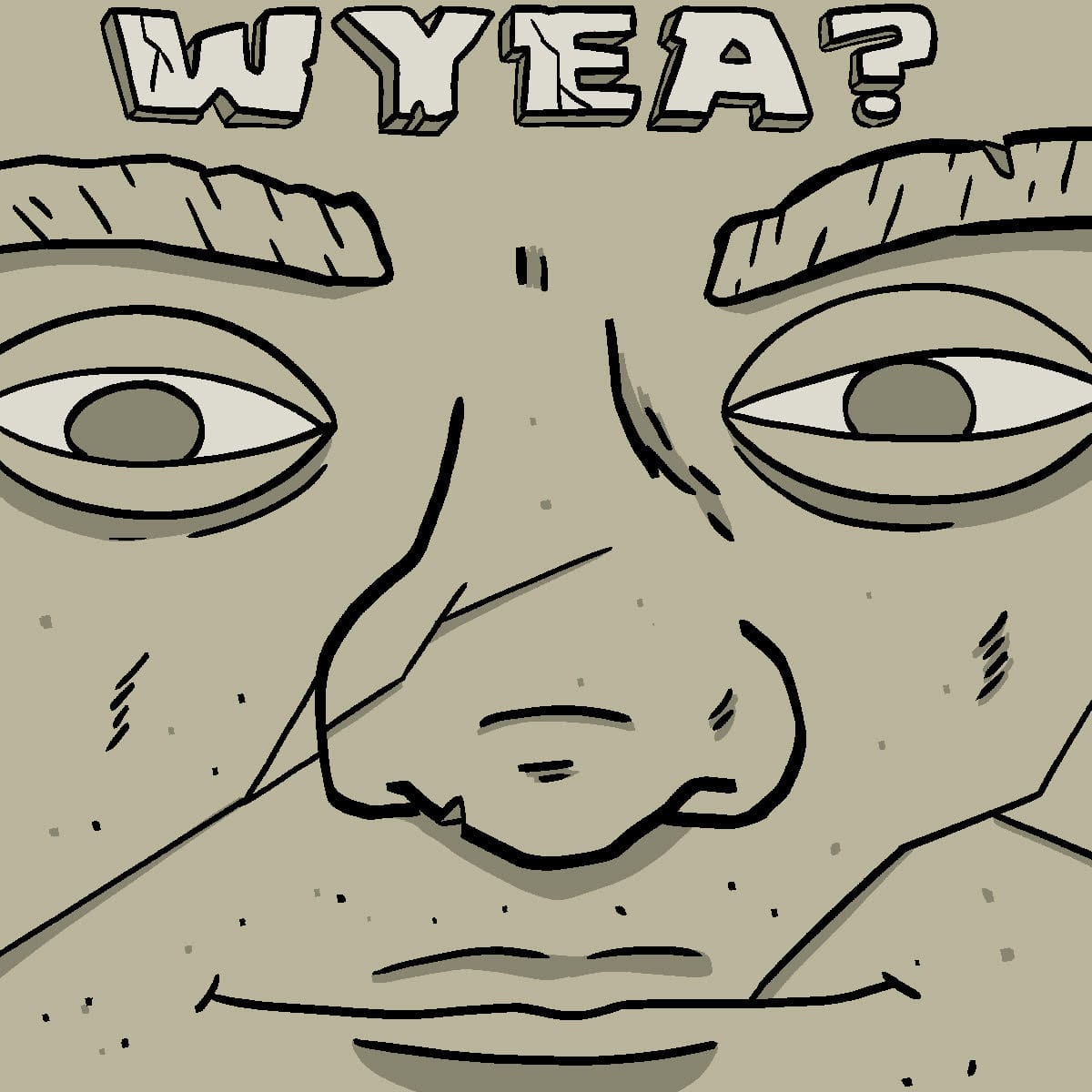

I’ve found enshittification to go in cycles, with mixed results for recovery.
- Google successfully embraced extended and extinguished XMPP, but now it seems like most folks use Discord, Skype, Zoom, Signal, and whatver Meta calls their spyware today. Our chat experiences certainly aren’t living the FOSS dream, but at least Google Talk doesn’t feel mandatory anymore like it briefly did after it “extinguished” XMPP. (Did Google kill Talk? I can’t keep track of what Google hasn’t killed yet.)
- Mobile operating systems have been a bumpy ride with highs and lows, but Android, the current most common mobile OS, is a lot more open than anything we had before. The vendor builds of Android that most people accept are, indeed, enshitifying now, so I guess the verdict is still out.
- The web itself tried hard to go fully proprietary several times: with Microsoft COM, Microsoft ActiveX, Adobe Flash, and Microsoft Silverlight, among others. These are all completely gone now. Today, almost every scrap of technology serving and browsing the web is open source. Of course, most of search is still closed and enshitifying, and the open options for social media are very new, so there’s still plenty of room to improve or lose ground.
- The Commodore 64, a (delightful, but closed) proprietary platform, was once the single best selling single computer model of all time. Today that title goes to the Raspberry Pi, a mostly open hardware specification that is rapidly improving.
Anyway. There’s cause for hope, along with plenty of reasons to be concerned.








Yeah. We desperately need anti-trust laws to actually be enforced. I think we’ve proven that nuanced and thoughtful rules don’t cut it, so I’m in favor of some deeply restrictive new rules that are impossible to mis-interpret.
I also think we should create laws with immediate financial incentives for breaking up monopolies.
I’m essence, we need a law that I, as a random citizen, can just climb into any parked Amazon truck and take it home.
I think Amazon would be a lot more interested in splitting the company along appropriately legal lines if the alternative was the owned capital just getting declared public property on a random Tuesday next year.